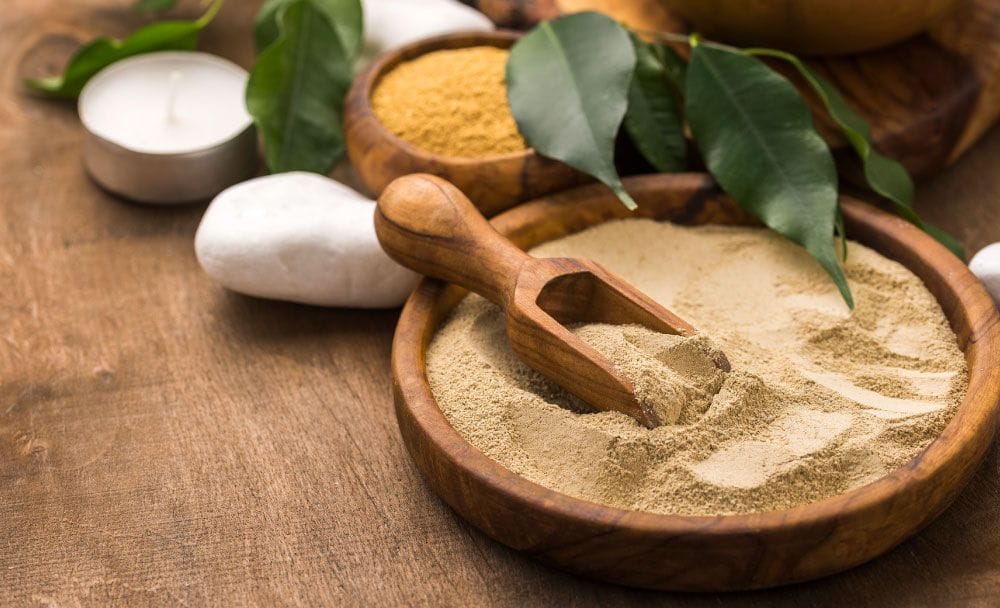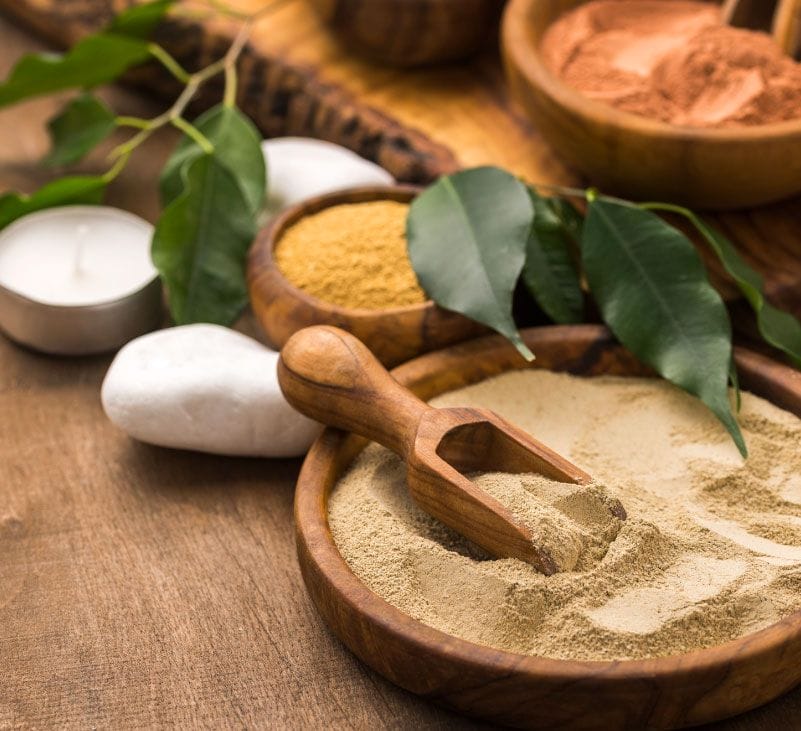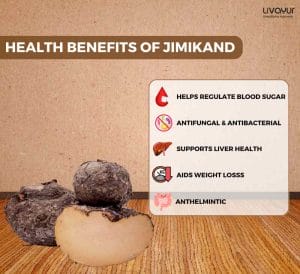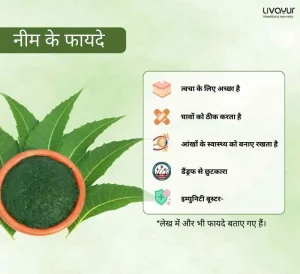
The world of Ayurveda has several ancient remedies that continue to bewilder and captivate the modern world. Among them, one name that stands out is Abhrak. A substance steeped in mystique and revered for its therapeutic properties, Abhrak has traversed the ages, leaving a trail of fascination in its wake.
This article embarks on a captivating journey into the realm of Abhrak, exploring its remarkable benefits, diverse uses, and even shedding light on its potential side effects. So, let’s uncover the secrets of this intriguing substance that has piqued the curiosity of both healers and enthusiasts alike.
What is abhrak?
Abhrak has held a prominent place in the world of natural healing for centuries. Derived from the Sanskrit word “abhraka,” meaning “the one that shines like a cloud,” it is believed to possess extraordinary properties that can restore balance and vitality to the human body. Abhrak is often described as a metallic mineral found in nature in the form of dark, lustrous scales.
Revered for its unique composition and energetic qualities, this mystical substance has garnered attention for its potential therapeutic benefits. As we unravel the mysteries surrounding Abhrak, we uncover a captivating fusion of ancient wisdom and modern intrigue, inviting us to explore its multifaceted nature and potential to enhance well-being.
What are the health benefits of abhrak?
The health benefits attributed to Abhrak are as intriguing as the substance itself. Let’s look at them in detail.
- Anti-aging
It is believed to possess antioxidant activity, which helps combat oxidative stress, a key factor in aging. [1]
- Treats asthma
It can have a calming effect on the respiratory system, helping to alleviate symptoms associated with this chronic respiratory condition. [1]
- Cures bleeding disorders
It promotes blood clotting and enhances the body’s natural healing processes, aiding in the management of conditions that involve excessive bleeding. [1]
- Cures cough and cold
It is believed to help expel phlegm and relieve congestion, providing much-needed relief during respiratory infections. [1]
- Treats urinary disorders
Its diuretic properties may help promote urine flow and alleviate conditions such as urinary tract infections. [1]
- Skin diseases
Its application in topical treatments may aid in managing various skin conditions thanks to its potential antibacterial, anti-inflammatory, and wound-healing properties. [1]

- Anti-infertility properties
It helps support reproductive health and address infertility concerns. However, seeking professional guidance and appropriate diagnosis is crucial when dealing with fertility issues. [1]
What are the uses of abhrak?
Abhrak, with its diverse properties and intriguing composition, finds application in the following wellness and Ayurvedic practices.
- Formulation of Ayurvedic medicines and remedies
It is used as a vital ingredient in numerous Ayurvedic preparations, believed to enhance their efficacy and therapeutic potential. [1]
- Managing diabetes
It is believed to possess anti-diabetic properties, which may help support the management of this metabolic condition. [1]
- Addressing skin diseases
Abhrak’s application in topical treatments may help alleviate skin conditions due to its antibacterial and anti-inflammatory properties. [1]

- Anti-aging properties
Its potential to rejuvenate and nourish the body at a cellular level has made it a sought-after ingredient in anti-aging formulations and practices. [1]
- Addressing infertility concerns
It is believed to possess properties that support reproductive health and aid in addressing fertility issues. [1]
What are the side effects of Abhrak?
While Abhrak has been revered for its potential health benefits, you should be aware of its possible side effects and exercise caution. As with any substance, individual reactions can vary. Consult a healthcare professional before incorporating Abhrak into your wellness regimen.
Abhrak contains heavy metals and excessive or prolonged use may lead to metal toxicity. Additionally, due to its potential effects on the immune system, individuals with autoimmune conditions should exercise caution and seek professional guidance before using Abhrak.
FAQs
1. What is Abhrak made of?
Abhrak is a substance derived from nature and is composed of a unique blend of minerals and metals.
2. What is the formula of Abhrak?
The formula for Abhrak can vary, as it is prepared through a meticulous process involving the purification and incineration of specific minerals and metals, often including mica, iron, and other ingredients.
3. What is the role of Abhrak Bhasma?
Abhrak Bhasma is commonly used in Ayurvedic medicine for its potential therapeutic properties.
Conclusion
Abhrak, with its enigmatic allure, continues to captivate the world of Ayurveda and natural healing. Through its remarkable benefits, diverse uses, and potential side effects, Abhrak remains a subject of intrigue and exploration. Its potential to enhance the immune system, support respiratory health, and promote vitality makes it a fascinating substance with wide-ranging applications.
From its incorporation in Ayurvedic medicines and therapies to its role in rejuvenation and anti-aging practices, Abhrak offers a holistic approach to well-being. However, it is crucial to approach its usage carefully, considering potential side effects. Seek professional advice when necessary.
Disclaimer:
The information provided here is not intended to replace professional advice or treatment.
References:
ROLE OF ABHRAK BHASMA AS RASAYAN AUSHADHI WITH SPECIAL REFERENCE TO ANTI-AGING PROPERTIES. 22 June 2020






















